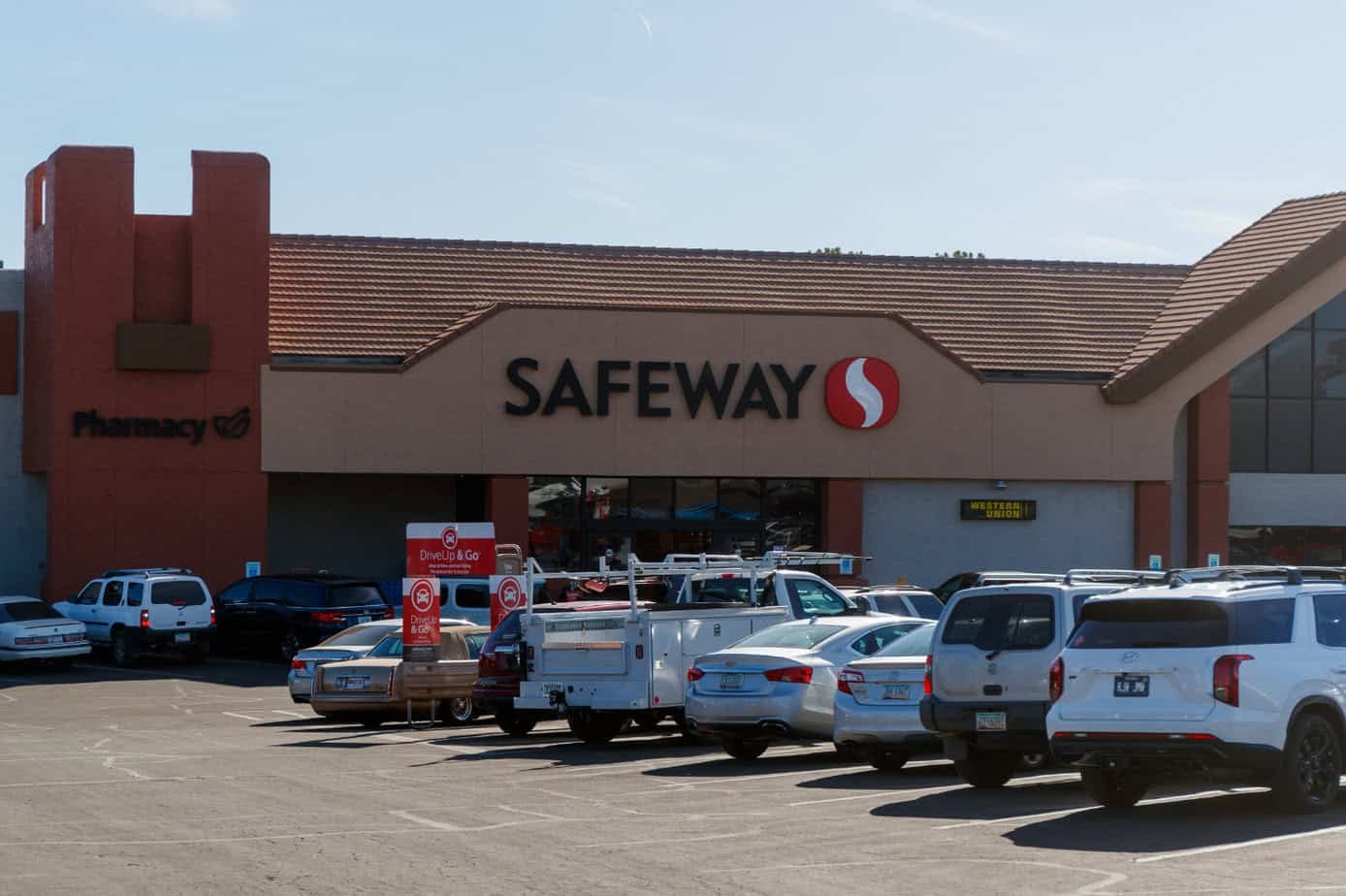Business
Grocery Giant Showdown: Albertsons Takes Legal Action Against Kroger After Merger Fiasco

The merger between grocery giants Albertsons and Kroger has officially fallen through. This follows recent judicial decisions in Oregon and Washington, which effectively blocked the $24.6 billion deal aimed at consolidating their market power.
On December 10, Judge Adrienne Nelson of the U.S. District Court for the District of Oregon granted the Federal Trade Commission’s (FTC) request for a preliminary injunction, a significant step in opposing the merger. Arizona Attorney General Kris Mayes was among the nine state attorneys general supporting the FTC’s case.
“The decision to block the Kroger-Albertsons merger is a major victory for consumers and small businesses nationwide,” Mayes stated following the ruling. The judge highlighted concerns over the merger’s implications for competition, further casting doubt on any potential legal maneuvering Kroger and Albertsons may pursue.
In Washington, King County Superior Court Judge Marshall Ferguson ruled that the merger violated antitrust laws. “The evidence convincingly shows that current competition between Kroger and Albertsons is fierce in Washington,” Ferguson noted, emphasizing the risks posed by a merged entity.
Simultaneously, Colorado Attorney General Phil Weiser had initiated a separate lawsuit aimed at blocking the merger solely within Colorado’s jurisdiction. His proactive measures contributed to the growing resistance against the proposed deal.
In light of the rulings, Albertsons CEO Vivek Sankaran expressed disappointment, announcing the company’s decision to terminate the merger agreement. “We are deeply disappointed in the courts’ decisions,” he remarked on December 11.
The FTC’s Bureau of Competition Director, Henry Liu, hailed the blocking of the merger as a critical victory for consumers, asserting that it would protect millions from the potential consequences of higher grocery prices.
In a surprising escalation following the termination, Albertsons filed a lawsuit against Kroger in the Delaware Court of Chancery, seeking a $600 million termination fee along with additional damages. The company accused Kroger of breaching the merger agreement by failing to divest necessary assets and neglecting to cooperate with regulatory requirements.
Kroger responded by dismissing Albertsons’ claims as “baseless and without merit,” asserting that the accusations were merely an attempt to redirect blame while Kroger itself had previously highlighted Albertsons’ agreement breaches.
Looking towards the future, Kroger announced a $7.5 billion stock buyback plan after halting previous buybacks following the merger’s announcement in October 2022, signaling a strategic shift in response to recent developments.


















